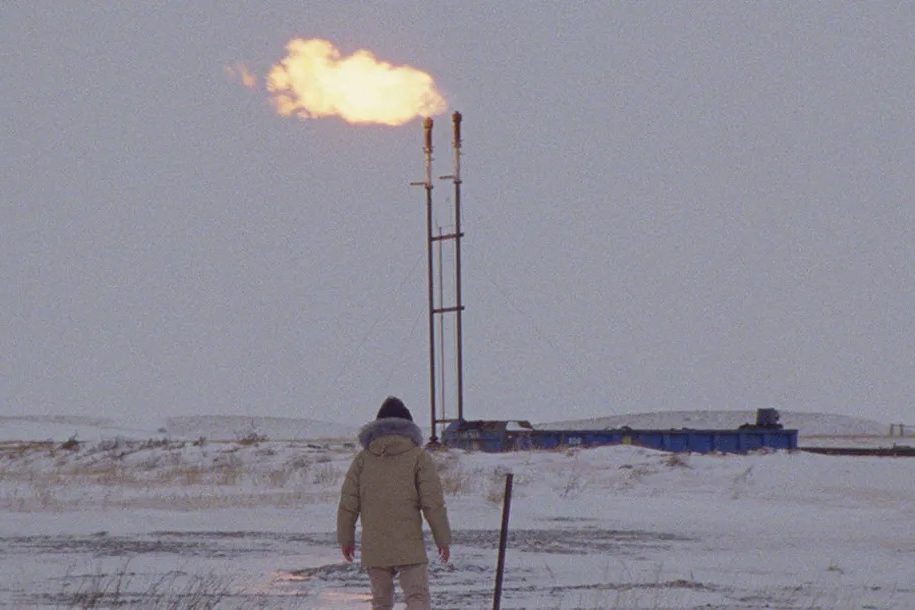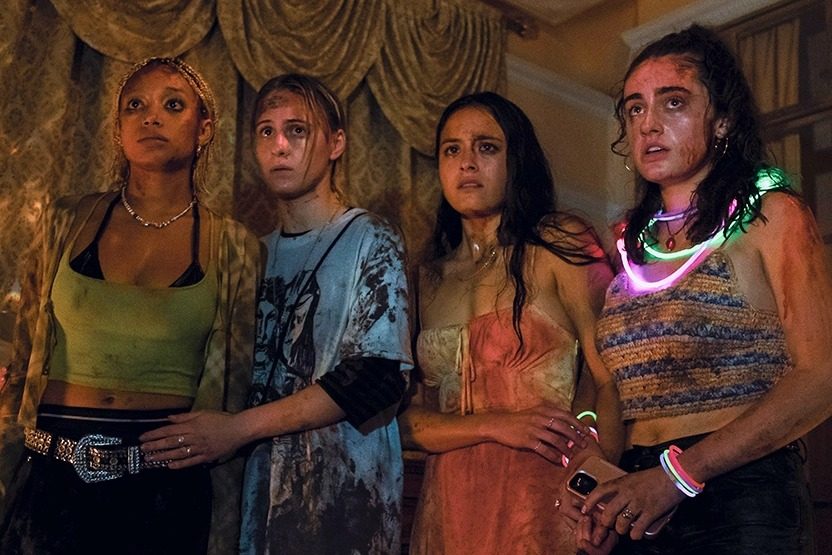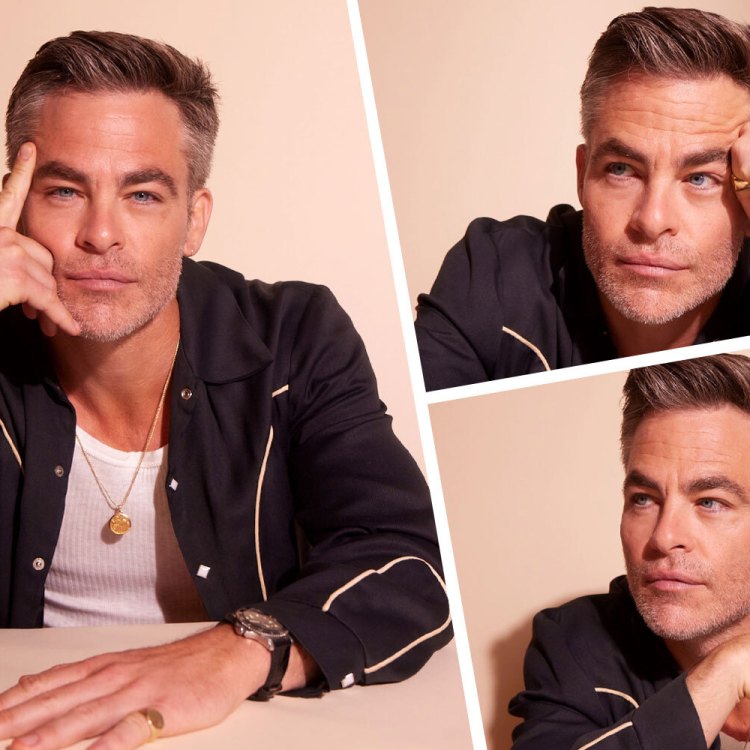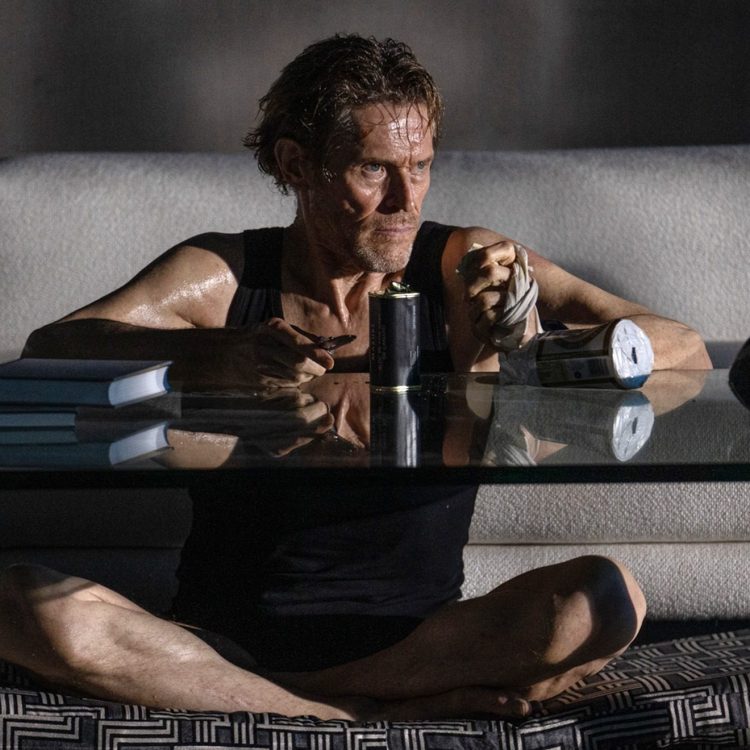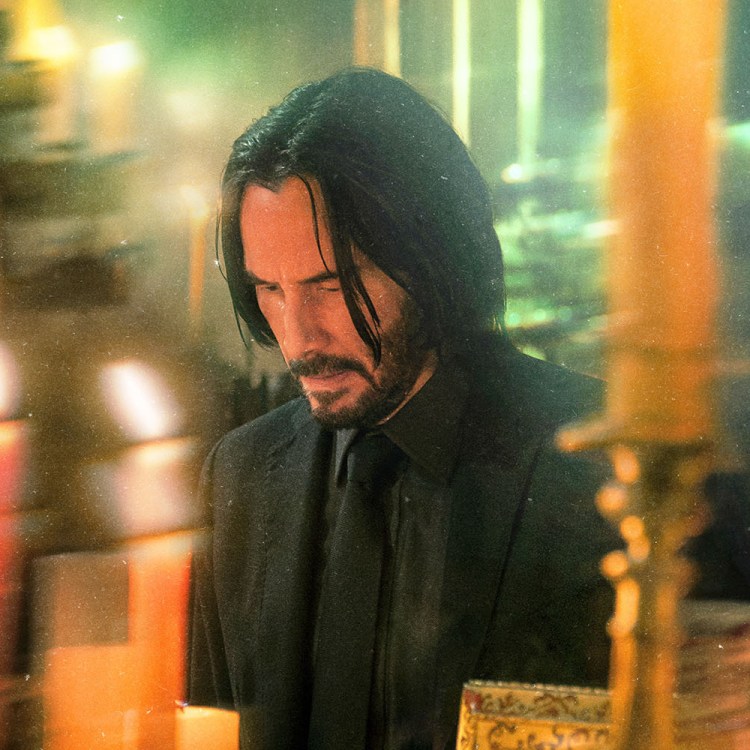In 2017, actress and filmmaker Sarah Polley penned an op-ed for the New York Times entitled “The Men You Meet Making Movies,” in which she detailed an encounter with Harvey Weinstein from her teenage years. In what’s now a bitterly familiar routine, he summoned her to his office for some coercive language and a stomach-turning offer to cultivate a “close relationship” that could bring her further success and awards glory. Because she had already experienced treatment such as this elsewhere in the industry, and because her motivation to continue on in the business had waned as a result, she rebuffed his advances and slowly receded from the spotlight. There’s a clear alternate reality in which Polley, proven one of the most promising talents of her generation in lauded indies like Exotica and Go, builds a career that leads her to the top of the A-list. Instead, she opted to withdraw in disgust — crucially, as stated by the Oblique Strategies koan-cards, not the same thing as apathy.
Polley went on to direct a handful of films, most recently the semi-autobiographical Stories We Tell in 2012, and now returns after another long hiatus with her follow-up Women Talking. A dilemma readily comparable to her own presents itself in the adaptation of Miriam Toews’ novel about a community of religious fundamentalists in crisis. The women of the small, isolated colony (that we learn the setting almost against the movie’s will is no coincidence, getting the year 2010 from a passing census-taker’s loudspeaker and the approximate location deep in the middle of nowhere from a forbidden map) have convened a quorum for a decision of grave importance. Men have been dosing them, raping them and lying to them. They’ve only just gotten wise to the reality that their tormentors have not, in fact, been Satanic apparitions. And so they’re faced with a choice: they stay and figure out a way to survive in a rigid, violent power structure designed for their submission, or they turn their backs on everything they know and blaze an independent path toward spiritual fulfillment.
Though the source material is loosely based on a real-life episode in a Bolivian Mennonite village, its cinematic equivalent arrives to us as a big, ripe allegory for the ordeals faced by those traversing the hostile terrain of entertainment. Polley draws a boldfaced line between being a Christian and being an artist (a religion by any other name to those who do it), linked in both the soul-deep significance these practices have for women and the control wielded over them by men. The down-to-business first act promptly lays out the stakes of the danger: a girl caught one of the assaulters, and though he gave up the names of the others, religious elders in the community have informed the women that they must forgive the predators or else they will be barred from entering heaven. As in Hollywood, the men have constructed a system in which they’re keepers of the gate, not only permitted to avail themselves of women’s bodies but also to convince them that this is just how the world works.
While the connection holds up in broad strokes, it’s complicated by finer points that don’t always sync up in the relationship between text and subtext. In a more literal capacity than usual, the devil is in the details, as a story steeped in the sacred arcaneness of religion clashes with its application to the modern contours of the Me Too movement. The primary substance of the film is a day-into-night debate among the appointed leaders of the female contingent, united in faith yet divided in how they act upon it. The firebrand Salome (Claire Foy) represents the radical mindset, going so far as to propose that killing anyone in their way would be justifiable, even forgivable at the pearly gates. Mariche (Jessie Buckley) feels the opposite just as strongly, insistent on standing by the husband who abuses her, convinced that it’s the pious thing to do. On the fence sits Ona (Rooney Mara), beatific and pregnant with her attacker’s child, seemingly more engaged with the theological exchange of ideas than locating a concrete conclusion. As with any group of activists, they fight, they define and re-define, they split hairs, and ultimately reach a consensus in the knowledge that nothing could be worse than inaction.
During these stretches of dialogue — resourcefully shot by Luc Montpellier, though his clever compositions have been buried under a layer of digital muck more typically seen in low-rent netflicks — scriptwriting in turns prosaic and overly florid often dulls the point of Polley’s bracing feminist ethic. In her attempts to capture the profound, abstraction of religious devotion, would-be profundities come out spacey and purple. In an idle moment, Ona wonders out loud how such love can cause such pain. The hint of the sublime in the god-fearing speech only draws out the functional aspect from the lines that more pointedly address concerns pertaining to showbiz and our outside society at large. Characters talk around buzzwords that have grown familiar to the point of seeming obvious over the past five or six years: slut-shaming, gaslighting, learned helplessness, intersectional solidarity. (The phrase “not all men” is uttered verbatim.) Women Talking will sometimes make a joke of its own potential for tediousness through the occasional eye-roll or pantomimed gunshot to the head from a rascally child. All the same, Polley mistakes directness for forcefulness, feeding her cast showy monologues that draw attention to their well-founded yet overtly politicized rage.
A title card early on classifies the film as “an act of female imagination,” an inversion of the phrase used to dismiss the women’s claims that they’re being preyed upon; other members of the press here at the Toronto International Film Festival have thrown around the word “parable.” In either case, these explanations for a diction that spoon-feeds the audience ready-made meaning can come off like critical generosity, granted out of goodwill for the righteousness of Polley’s cause. No one would deny that she means well, and there’s not a hint of cynicism in her invoking of timely, topical discourses. If anything, this bruised idealism moves to the fore as her greatest strength and weakness during the final act, which pairs the most tone-deaf moment with the most inspiring.
One man has been permitted to attend the meeting, the respectful schoolteacher August (Ben Whishaw), meant to be an exemplar of good allyship. All too willing to play the beta male, he’s meek and quiet, revealed in these final scenes to be so wracked with gender guilt that he’s considered suicide. Set aside the implausibility of someone like this actually existing, and he’s still overwrought to an extent that doesn’t serve anyone, including women. For all his gestures of support — such as adding “women” to a list of things that are good — he’d help most by treating them and himself in a less self-flagellating fashion. (In the novel, he was conceived through this same program of institutionalized rape, a dark wrinkle to the backstory that Polley elides, yet Whishaw seems to use as the focal point for his whole performance.)
Shortly afterward, the women leave as they must, a foregone conclusion un-spoil-able in its inevitability. In a stunning final tableau, they line up the wagons and forge ahead into the unknown, an image that conjures both Moses leading his people through the parted Red Sea and the early American pioneers who settled the untamed West. She fits her own divestment from Hollywood into a longer lineage of rebellion from people with no other option than to invent their own better way forward. So long as women have their convictions, men can hold no monopolies on transcendence, whether through God or art. That rich symbol of the caravan heading toward the promise of tomorrow suggests that whatever your passion might be, there’s minimal difference in the fight for your piece of it. Only after repeatedly stating this much in stark terms didactic to the point of awkwardness does she find a subtler, more poignant method of expression. With this final beat, Polley smoothly synthesizes all of the thematic registers in which she sets out to operate, a deft weaving absent from much of what precedes it.
This article was featured in the InsideHook newsletter. Sign up now.

